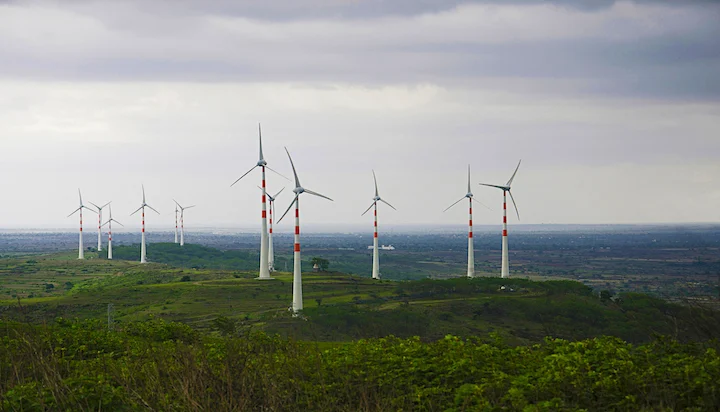NEW DELHI : India plans to tap its ambitious solar programme to offer uninterrupted power to cold-chain facilities for storing vaccines in what would be a major boost to the nationwide covid-19 vaccination exercise.
The plans to use solar power assume importance given unreliable electricity supply in several parts of the country, especially rural India. The country has set an aim to have 100GW of solar power generation capacity by 2022, with a significant focus on rooftop solar and decentralised solar installations.
On the vaccination front, nearly 880 million covid-19 vaccine doses have been administered in the past nine months, but the country’s target for the universal immunisation programme for children and pregnant women is nearly 100 million a year. According to the Indian Council of Medical Research (ICMR), covid may eventually turn into an endemic requiring annual immunization, prompting the government to realize the importance of having robust cold chain facilities.
“There are over 29,000 cold chain storage facilities across India that are used to store both covid-19 and non-covid-19 vaccines. Solar power usage is not new for storing vaccines in India, but the push is largely after covid-19. We are expanding solar power to more cold chain points for vaccine storage. We have started using newer technology like solar direct drive cold chain equipment,” a senior health ministry official said.
According to health ministry data, 30 million pregnant women need 45 million vaccine doses annually, and 27 million new-born babies need to be vaccinated five times in the first year. “With the covid-19 vaccinations being done at a much larger scale, we recently did a gap analysis of cold chains and decided to further strengthen the vaccine storage systems. There are two ways of using solar energy for vaccine storage. One, either the storage equipment runs on solar energy, or the building having the facility uses solar energy for electricity. In unreliable electricity supply areas, we have electricity storage facility usage and other back up so that there is no chance of vaccines being spoilt,” the health ministry official said.
“Earlier, all the equipment was imported but after the government’s Make-in-India push, Godrej for the first time manufactured an indigenous freezer using solar energy that is being used in several states and we are expanding to all parts of the country. We are distributing the equipment which will maintain the required temperature for vaccines at 2-8 degree Celsius,” he said.
The official said in the last five years, more than 350 imported solar equipment were provided across India.
India is also receiving cold chain equipment (CCE) procured by UNICEF from other countries. The Bihar government on Monday received the first tranche of the CCE procured by UNICEF as part of the Japanese government’s assistance to India’s covid-19 vaccination drive. Japan’s funding will include procurement and distribution of walk- in coolers, walk-in freezers, solar direct drives, freeze-free vaccine carriers, toolkits, freeze tags and voltage stabilizers that will support the vaccination drive in 25 states.
The Centre has also roped in private firms to run cold-chain facilities on solar power.
“Numerous areas receive an average of less than 16-18 hrs of daily electricity supply. We have solar-powered battery-less equipment which is used for the storage of vaccines. These units are powered via solar power which ensures that vaccines are stored safely 24/7, even when there is a lack of reliable electricity,” said Jesal Doshi, deputy chief executive, B Medical Systems, a global medical equipment supplier.
Source: livemint.com









